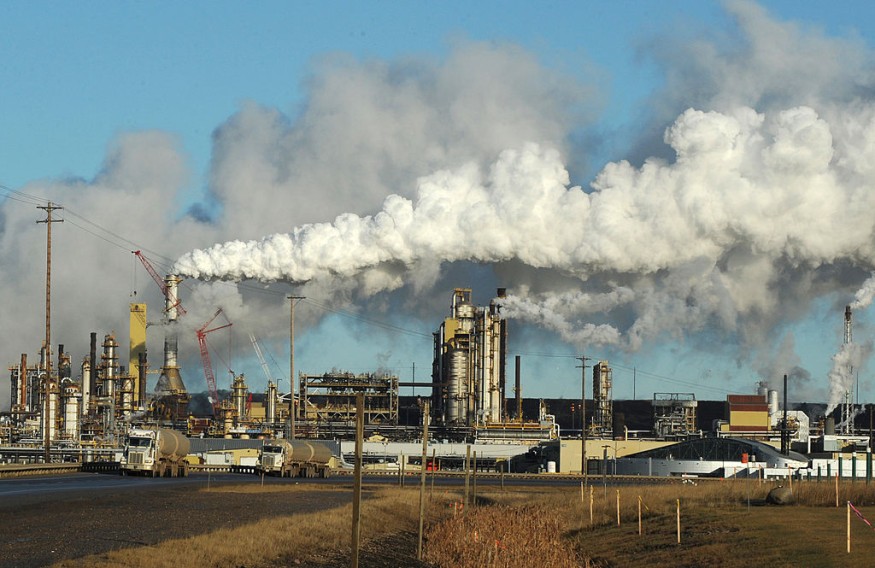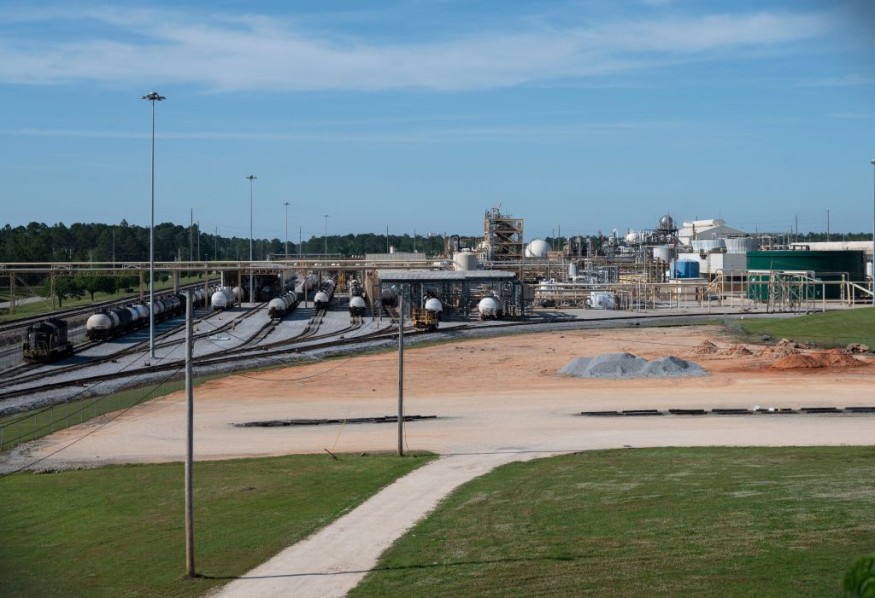More than 80 million acres of oil and gas leases in the Gulf of Mexico were revoked by a federal judge, declaring that the Biden administration did not adequately consider climate change when auctioning the rights late last year.
The ruling by the United States District Court for the District of Columbia is a big win for environmental organizations, who had chastised the Biden administration for conducting the auction after promising to wean the country off fossil fuels. It was the largest lease sale ever in the United States.

Reassessing the Situation
The Interior Department must now perform a new environmental assessment that considers the greenhouse gas emissions that might arise from the leases' eventual development and production. The agency will then have to determine whether or not to organize another auction.
"This is monumental," said Brettny Hardy to NY Times, a senior attorney for Earthjustice, one of the environmental groups that filed the claim. "This requires the bureau to go back to the drawing board and consider the climate costs before offering these leases for sale, and that's significant."
The Interior Department's spokesperson, Melissa Schwartz, said the department examined the decision.
Biden vowed as a candidate to suspend issuing new leases for drilling on public lands and in federal waterways. He told voters in New Hampshire in February 2020 that there will be no more drilling on public lands. He enacted an executive order halting the issuance of new leases shortly after assuming office.
Related Article : Biden Administration Aims to Protect Alaska's Bristol Bay With Latest Environmental Action Plan
Lawsuit

Following a lawsuit filed by Republican attorneys general from 13 states, a federal judge in Louisiana stopped the decision and ordered the administration to hold lease auctions in the Gulf that were previously planned.
According to Biden administration insiders, Interior Secretary Deb Haaland risks being put in contempt of court if the sale is not held. On the other hand, environmental organizations contended that the government had other choices, such as doing a fresh investigation to look into how the burning of Gulf oil contributes to climate change.
The complaint stated that the Interior Department relied on an out-of-date Trump administration environmental review that found that further drilling in the Gulf would not raise greenhouse gas emissions.
According to the environmental groups, the report did not consider new findings concerning the impact of offshore drilling on global warming.
Contention
Companies contended in court that dismissing the lease sale would jeopardize the private bids for the tracts, revealing who was bidding on what and for how much.
Shell, BP, Chevron, and Exxon Mobil proposed $192 million for drilling rights on around 1.7 million acres in the government-owned area. The leases have yet to be given, although the transaction took place on November 17th.
According to Judge Rudolph Contreras' ruling, the Interior Department "acted arbitrarily and capriciously in excluding foreign consumption from their greenhouse gas emissions."

Under the 1970 National Environmental Policy Act or NEPA, it was required to do so, which states that the government must consider ecological damage when deciding whether to permit drilling and construction projects.
About a quarter of the nation's greenhouse gas emissions come from burning fossil fuels generated on public lands and seas.
Despite its bold pledges, the Biden administration has been cautious in its approach to drilling restrictions during the last year. Environmental activists have criticized the government for forsaking strict action for political expediency as gas prices have risen, and Republicans have been quick to blame the administration.
Releasing a Study Report
The Interior Department, for example, released a long-awaited study in November that was intended to determine the future of federal oil and gas leasing. It avoided the issue of outlawing the practice entirely, instead recommending that the government charge firms greater drilling fees.
Oil executives indicated on Thursday that they expect the Biden administration to fight the court decision. "In a time of geopolitical uncertainty and rapidly rising energy prices, U.S. oil, and gas production is more important than ever to contain inflation and strengthen our national security," said Erik Milito in API report, president of the National Ocean Industries Association, which represents offshore energy companies.
Also Read: 200 Health Journal Calls Out World Leaders to Address How Climate Change Causes Health Hazard
For more environmental news, don't forget to follow Nature World News!
© 2025 NatureWorldNews.com All rights reserved. Do not reproduce without permission.





